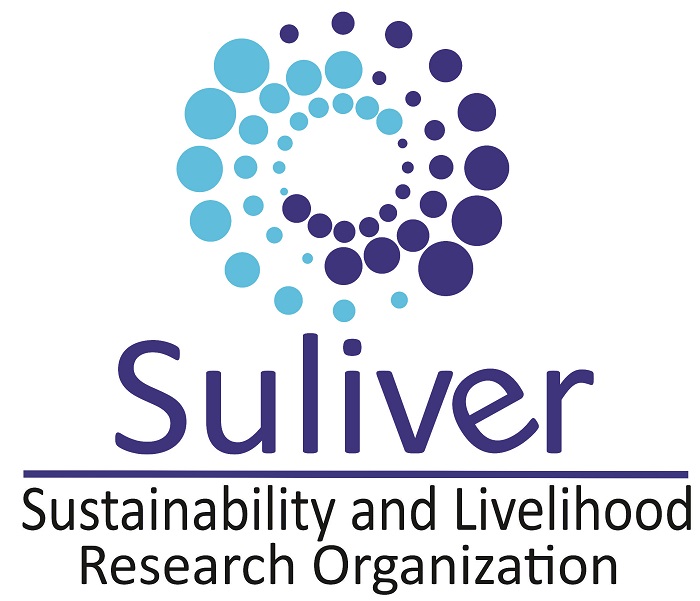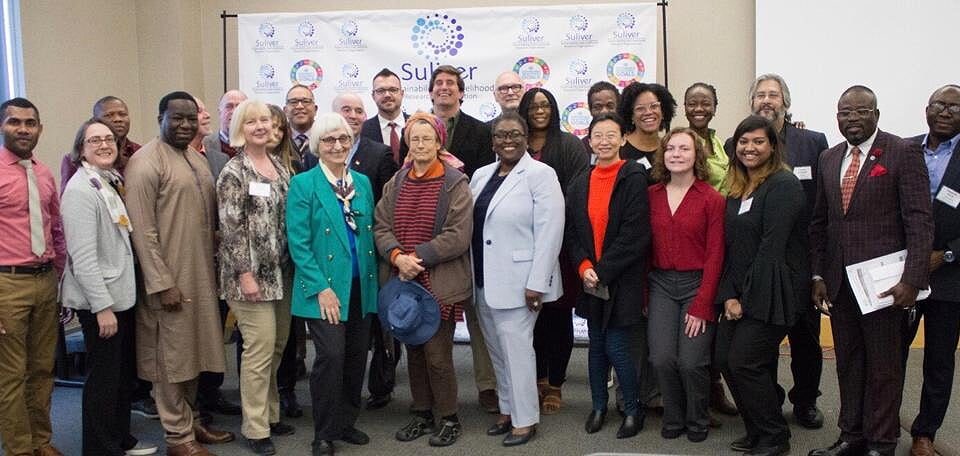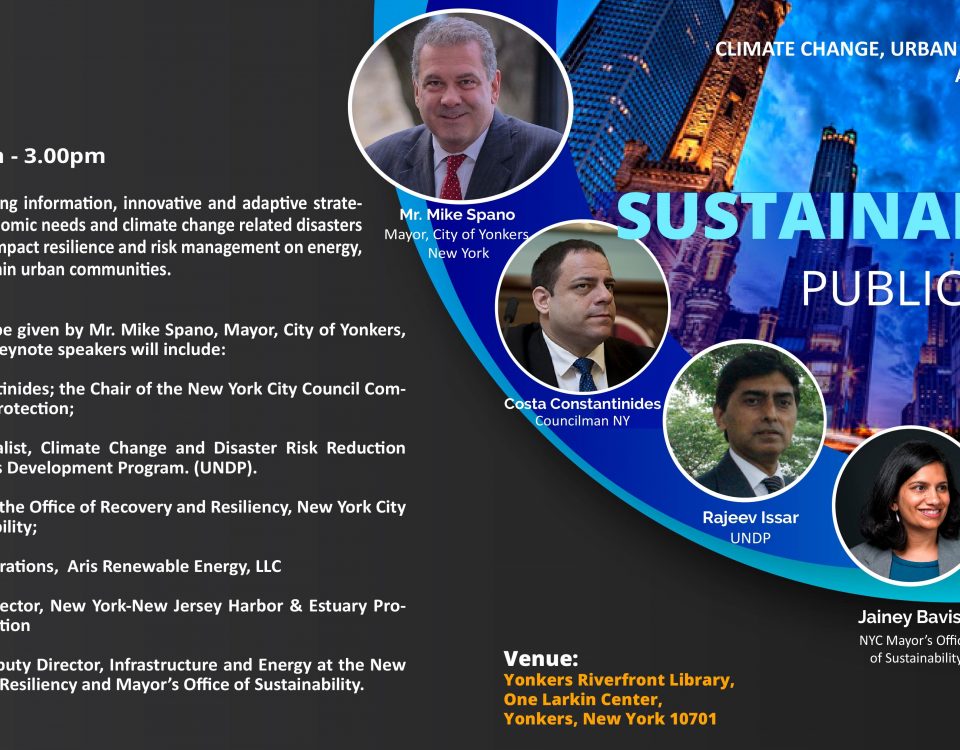
Aligning economic growth and sustainable development
February 6, 2017
Strenghten Environmental Conservation through Education
February 16, 2017
.
Harnessing inclusive growth
In order to bring about prosperity and new opportunities, growth must usher in new ways to support sustainable consumption, production and also sustainable development.

The Organization for Economic Co-operation and Development (OECD) suggests that growth, at any level, often fails to tackle three overarching elements: poverty, unemployment and inequality. Therefore, there is an urgentneed to address the quality and inclusiveness of economic growth especially in the global south. Included in the 2030 Sustainable Development Goals is to promote inclusive and sustainable economic growth, full and productive employment and decent work for all. UNDP’s chief economist, Thangavel Palanivel, recognized multiple definitions of inclusive growth but pointed out that there are some common features, he said: “Growth is inclusive when it takes place in the sectors in which the poor work (e.g. agriculture); occurs in places where the poor live (e.g. undeveloped areas with few resources); uses the factors of production that the poor possess (e.g. unskilled labour); and reduces the prices of consumption items that the poor consume (e.g. food, fuel and clothing).”
In other words, inclusive economic growth is not only about expanding national economies but also about ensuring that the most vulnerable people in the society are reached. An equal opportunity and participation in growth by all with focus on the working poor and unemployed are the very basis of inclusive growth. Economic growth has to be inclusive to ensure the wellbeing of the entire population. Inclusive growth requires full respect for human rights. It generates decent jobs, gives opportunities for all segments of society, especially the most disadvantaged, and distributes the gains from prosperity more equally.
To achieve an inclusive growth the first priority is to create jobs for all in order to help secure livelihood. This will lead to an inclusive growth and reduction of poverty and inequality. Governments need to create better policies, fair and accountable public institutions, and inclusive and sustainable business practices in order to achieve this. Secondly, there is need to strive constantly in order to increase productivity and value. To achieve this there is need for development of skills, establishment of infrastructures and policies to support micro, small and medium enterprises, innovation of new technologies, production of higher quality. Countries must also establish a positive environment that encourages businesses to flourish. Businesses want fairness and market connections, they also wants a simple regulatory framework that makes it easy to start, operate, and close a business. Small and medium firms that employ the most people are especially restricted by complicated regulations that can breed corruption.




